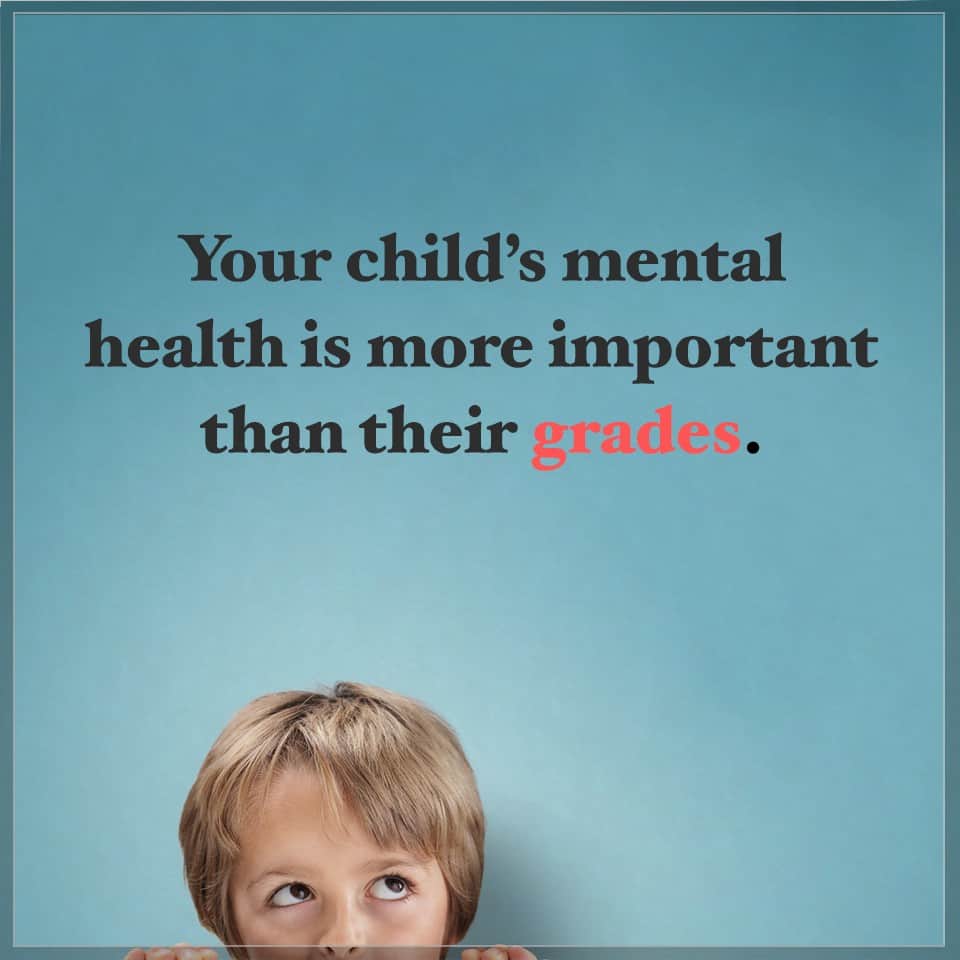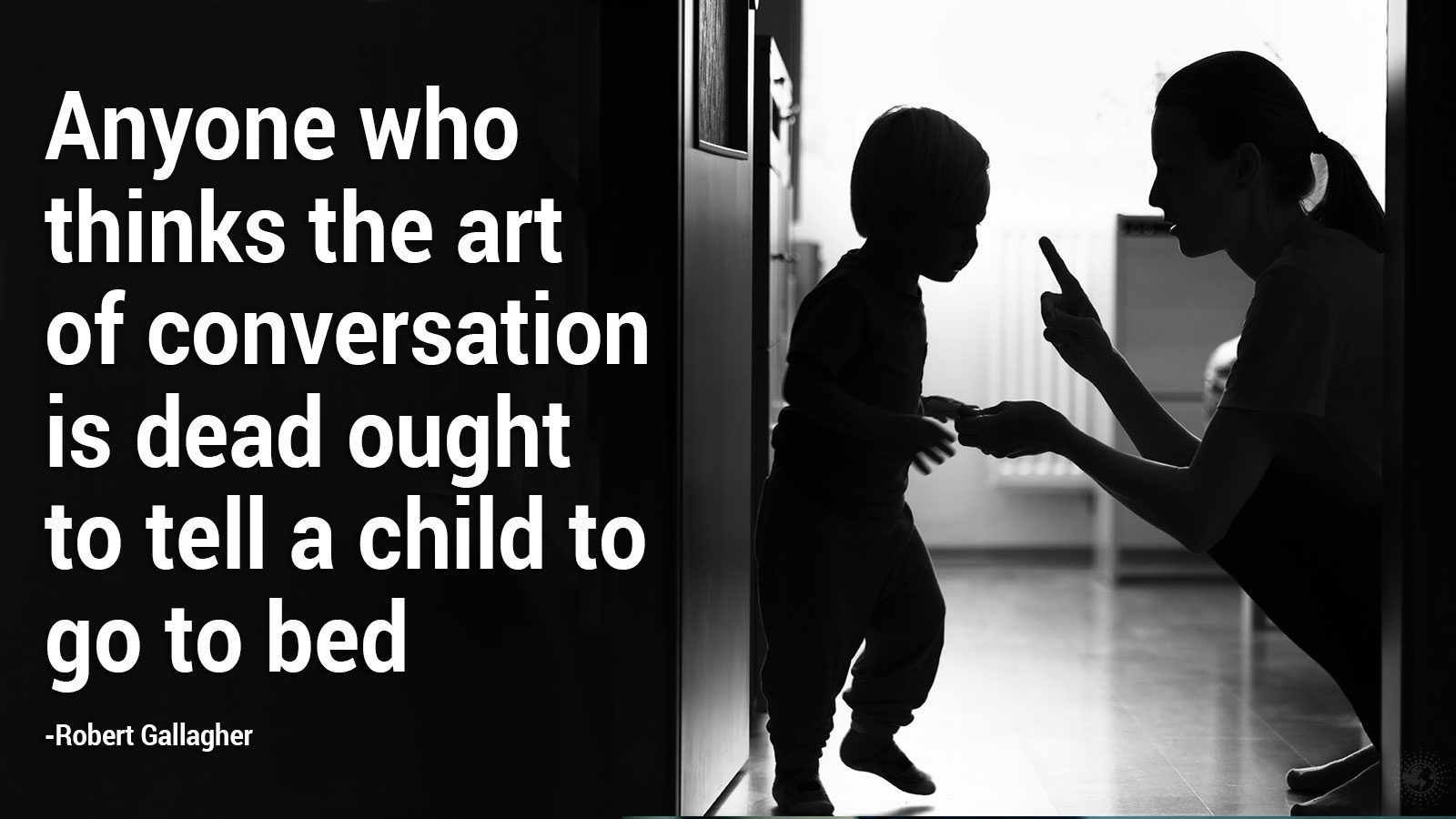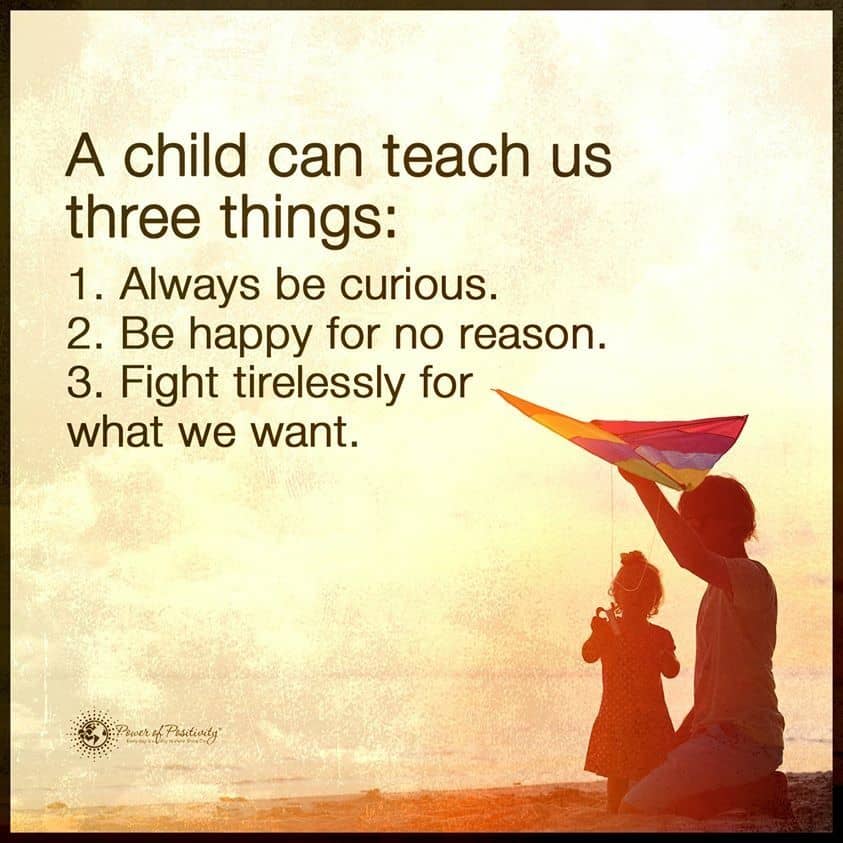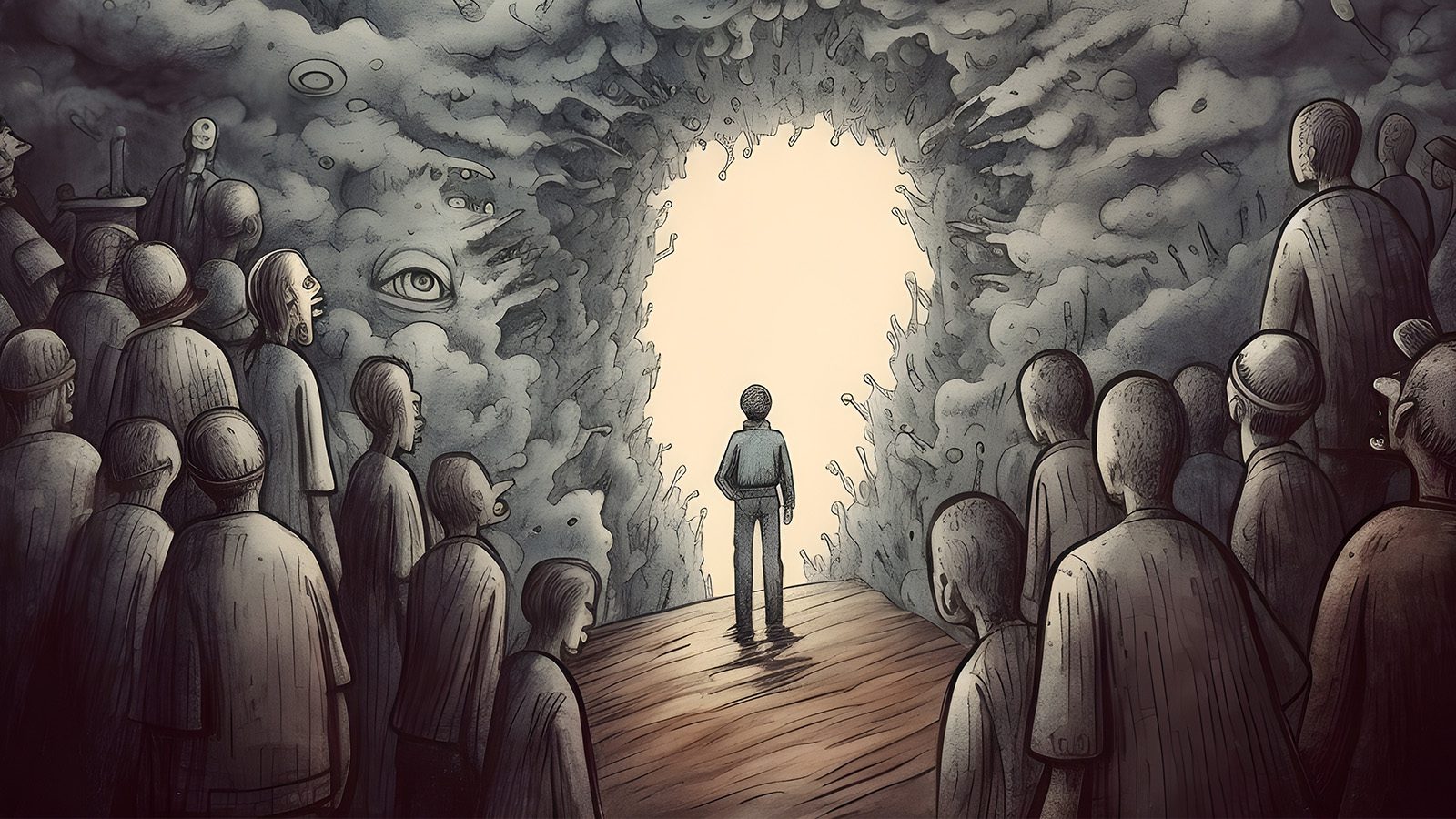Are you the middle sibling in your family? If not, perhaps you know someone who is in the middle of their sibling group. Is there any truth to the theory that kids born in the middle suffer from “middle child syndrome?”
When there are both older and younger siblings, it’s believed that the kids in the middle feel ignored or excluded due to their birth order. As a result, many children develop specific personality traits as part of this syndrome. However, some believe this is just an old theory that has no psychological basis.
The first child often is doted on by parents as it’s a new and exciting experience. The middle child is still important, but the parents become more seasoned with their skills and don’t use such a hands-on approach.
By the time the baby comes along, the parents have grown older and more relaxed in their child-rearing ways. Perhaps, much of what is thought of as a syndrome is nothing more than the shift of parenting techniques.
Is Middle Child Syndrome Real?
Did you know that your birth order can have everything to do with your personality development? Back in 1964, a man named Alfred Adler studied this theory. He believed that the order in which a child is born could greatly impact their psychological development.At the time, such a theory was widely unaccepted as mental health and psychological studies weren’t as commonplace. However, as the years have passed, the theories he discovered have been proven. Here are some of the common personality characteristics that he believed:
• Oldest Sibling
This child feels more powerful and is often the authority figure among the sibling group. The parents put high expectations on this kid because they are experimenting and learning with their roles. It’s common to see this individual as a leader and clear the path for the other siblings.
•Middle Sibling
This kid is wedged in the middle, and they will have a hard time finding their place in life. They are stuck between the oldest and the baby, and they will vie for their parents’ attention. Though they are usually even-tempered, they can have issues from being often overlooked.
•Youngest Sibling
The youngest kid gets the beauty of being the last child born into the family. Parents are usually laxer by this time, and they’re often spoiled. Children who fall into this category often grow up with a sense of entitlement and are coddled and catered to throughout life.
Characteristics of The Middle Sibling
Many psychologists studied the impact of birth order on the middle sibling and personality tendencies. Here are some of the common conceptions about this child in the sibling order.
•Temperament
It’s not uncommon for the middle sibling to feel that the other children in the home overshadow them. Since the older sibling tends to have a stronger personality, and the baby is coddled, the middle child feels stuck trying to find their place.
The personality of this kid is often more muted. Since these individuals often feel out of place, they tend to be quiet and remain even-tempered.
•Relationships
It’s no secret that middle siblings have a hard time feeling equal to the other children in the home. Most older children get more responsibilities because of their age. The younger child gets plenty of attention because they’re the baby.
The middle child doesn’t get the extra privileges or attention, so they often have difficulty with relationship development. They may grow up feeling less than even though nothing could be further from the truth. In most cases, their perception is off.
•Competition
Being in the middle isn’t always a great place to be. This child feels that everything in their life is a competition, so they naturally grow up competitive. Some take on being a peacemaker because being wedged between other siblings puts them on neutral ground.
•Nepotism
According to the middle child’s views, they feel the older kid is special because they were first. The youngest child is also special because they are the baby. The middle kid feels that they have no redeeming position or place to make them favored. Since they are “in-between kid,” they struggle for their parent’s attention, and these perceptions can cause issues all through life.
Does Middle Child Syndrome Affect Adults Too?
Can middle child syndrome be an issue that lasts into adulthood? If the theories presented by Alfred Adler are true, then these issues can have a cascade of adverse effects that will follow these people into their adult life. The personality and relationship traits that one develops in childhood almost always follow them as they age.
Middle children often express feelings of neglect. So, in their adult relationship, it’s common for them to struggle with issues of co-dependency. If they felt like the referee between the oldest and youngest siblings, they might carry these peacemaker ways into adulthood.
Being a peacemaker isn’t a negative trait, and it can be amazingly effective in the business setting. Sadly, they might have a dulled personality when being compared to others around them. If they have a best friend, they may doubt their sincerity or ever feeling worthy enough for that title.
The Science Behind Birth Orders
Though Alfred Adler made some astounding statements for his time, researchers today still study the relationship of the middle child and the birth order. A study showed that the middle sibling is more apt to develop conditions like:
•Obsessive compulsive disorder
•Schizophrenia
•Depression
•Eating disorders such as anorexia
•Autism
•Anxiety disorders
The Role of the Middle Sibling in Birth Order, According to Science
Since the middle child often feels neglected or left out, they often hold troubles inside and don’t want to talk to their parents. One study found that children born in the middle position don’t feel comfortable talking to their parents about important matters, such as sex education and development.
The study evaluated over 15,000 people who were born as the middle child. Using analysis from both male and female participants, they found that 29 percent of women and 21 percent of men found such matters hard to discuss. Though their parents never discouraged the conversations, they did not feel close enough to chat about such topics.
Does the middle child feel that they can turn to their parents in times of adversity? A study in 2016 found that the middle sibling doesn’t feel close enough to either their mom or dad to consider them a confidant. Additionally, they found that these children were less family-oriented than other siblings in the order. Do years of being felt like they don’t fit take a toll on their relationships?
Is it any wonder that these individuals develop an obsessive-compulsive disorder as they feel that they must plan things to dictate their outcome? Though research helps to understand the individual’s position in this birth order, many other factors come into play regarding the development of personality.
Middle Siblings and Depression
What about birth order and depression? A study in 2003 found that middle children were more likely to develop depression than other kids. Nevertheless, when they conducted a follow-up to this research, they found that it didn’t single out the middle child as much as the kids born later in life.
However, they added that the increase of psychiatric disorders in adolescence increased when children felt disenfranchised by their family unit.
There are hundreds of studies on this subject, and each one has contradictory results. So, it’s not easy to determine if middle child syndrome exists or if it’s just a figment of the imagination.
The probability remains that many factors determine a person’s temperament, mental health, and connection with others. While birth order may have some bearing, it shouldn’t be considered the deciding factor.
Final Thoughts on The Middle Sibling
Psychologists and the public like to throw around the term middle child syndrome, but research is contradictory. There are defining factors in the birth order that can impact a child’s life, but it doesn’t mean they will follow them through adulthood.
Ultimately, one’s development’s temperament and the outcome are various aspects, including social status, family unit, economic factors, and genetics. Birth order is important, but it’s not the only thing that must be considered.
A middle sibling can have mental health issues such as depression, anxiety, personality syndromes, and even develop eating disorders. Consequently, those issues can also happen to the first or the last-born child too. Some middle kids might be troublemakers rather than peacemakers, and there’s no rhyme or reason to why they don’t follow perceptions.
Though many kids might fit into the beliefs established by Alfred Adler so many years ago, there’s not enough research to back up these theories to establish them as fact.

















